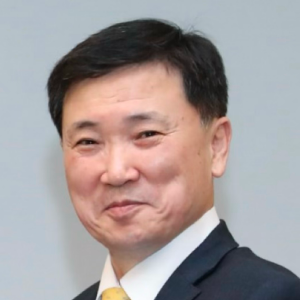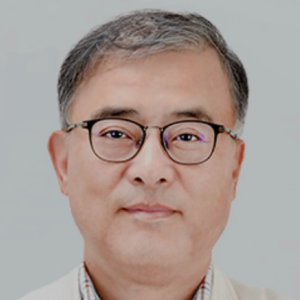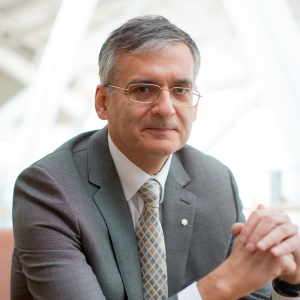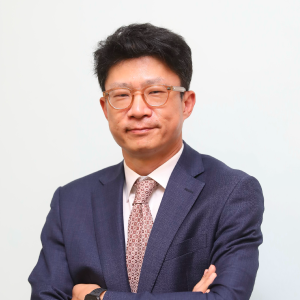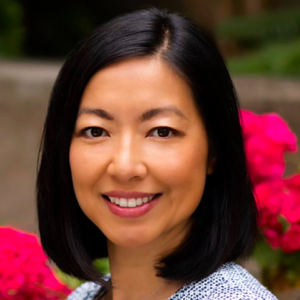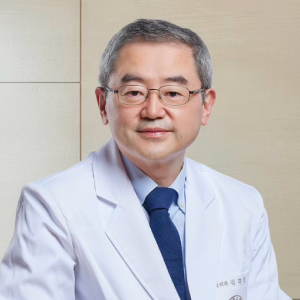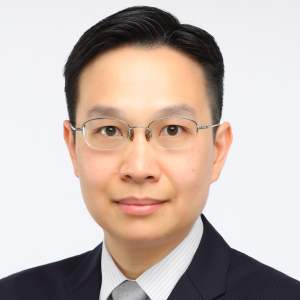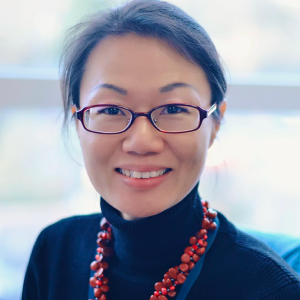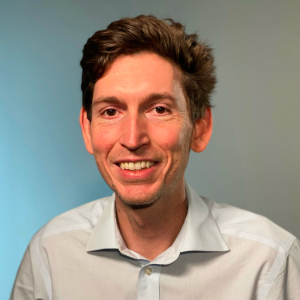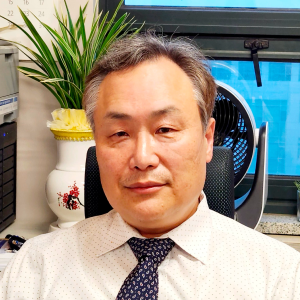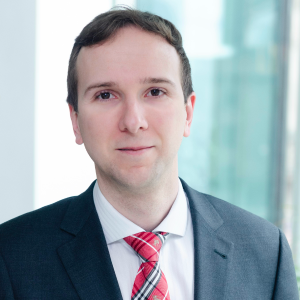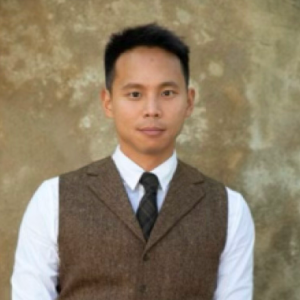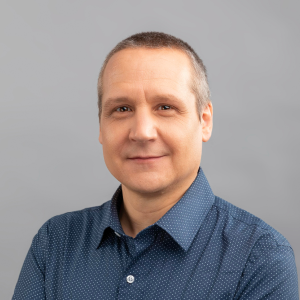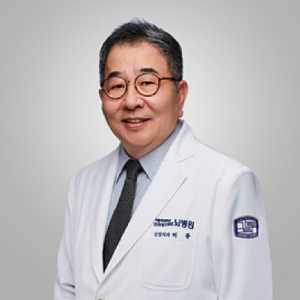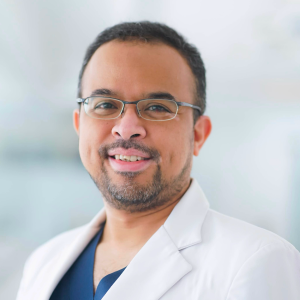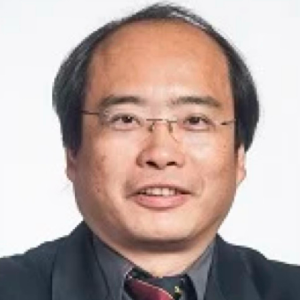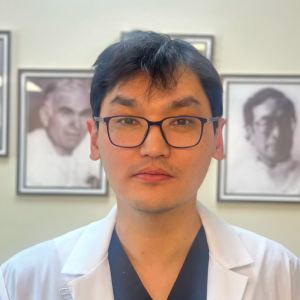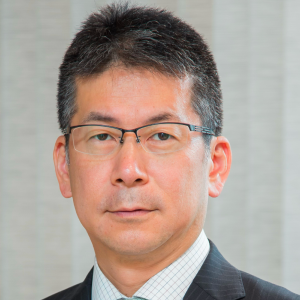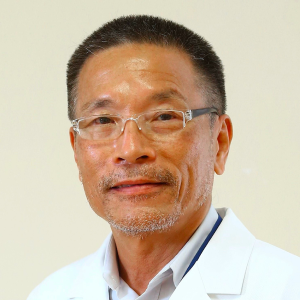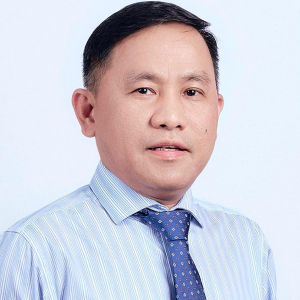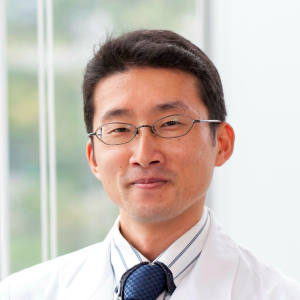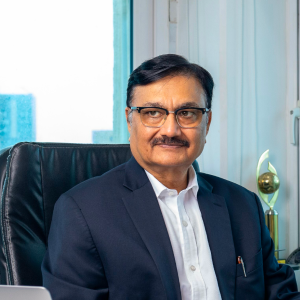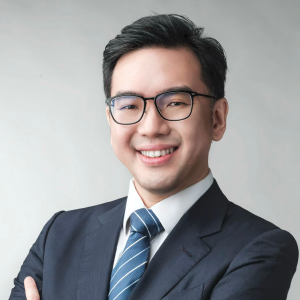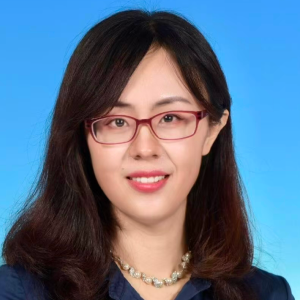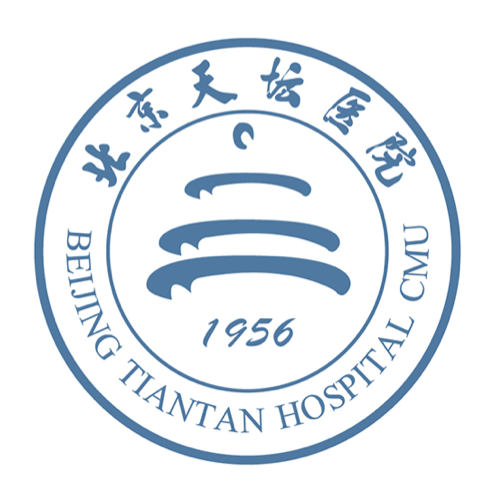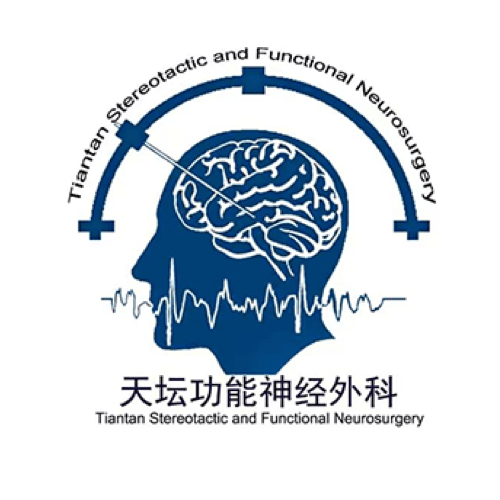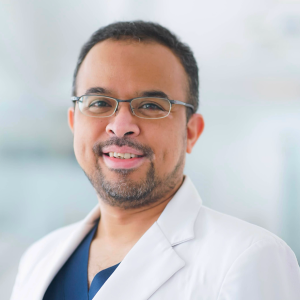Jürgen Germann
Assistant Scientist
Krembil Res. Inst., Toronto, Canada
Dr. Germann is a scientist and Principal Investigator at the Krembil Research Institute, University Health Network, in Toronto, Canada. His research program focuses on brain mapping and computational modelling to investigate the neural correlates of typical and atypical thought processes. Drawing on a range of imaging modalities—including structural, functional, diffusion, and other physiological imaging data—he identifies large-scale brain networks involved in cognition, emotion, and behaviour.
A major focus of Dr. Germann’s work is understanding how these networks are disrupted in neurodegenerative diseases of aging, such as Parkinson’s disease, as well as in psychiatric conditions like depression and obsessive-compulsive disorder. His research combines neuroimaging with computational approaches to develop more precise biomarkers and support personalized treatment strategies. Ultimately, his goal is to improve diagnosis, optimize interventions, and contribute to more effective, patient-centered care.
Dr. Germann holds a degree in Psychology from the University of Freiburg in Germany. He completed his Ph.D. at the Montreal Neurological Institute at McGill University under the supervision of Dr. Michael Petrides, where he investigated the functional architecture of the human brain.
In addition to his research, Dr. Germann is actively involved in training the next generation of neuroscientists and contributing to collaborative research efforts aimed at advancing our understanding of brain network dysfunction in complex brain disorders.
